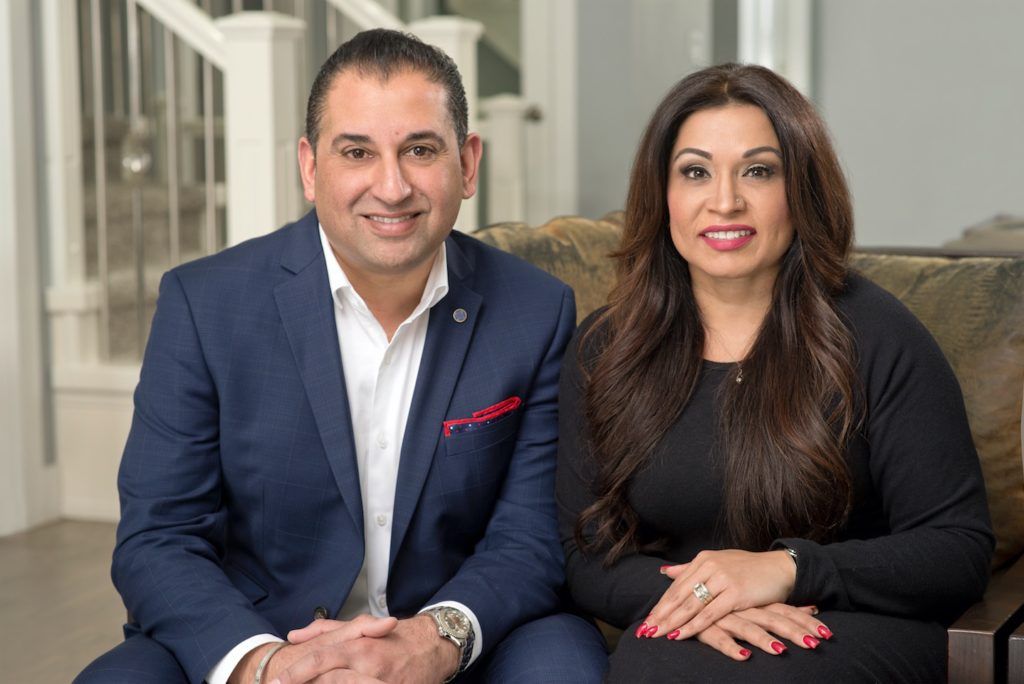Finding Certainty in Uncertain Times
If you listen to the radio, watch the news on TV, read the newspaper, go on Facebook, browse the internet, or talk with people, even a little, chances are you’ve been inundated with uncertainty. The uncertainty of it all is what sells papers… or ads on the internet, because it’s not 1996 anymore.
One week the headline will read that the housing market is expected to come crashing down around us any minute, followed by an article that claims we’ve seen a 20% increase in the average sales price of detached homes. One week it looks like interest rates are gonna go through the roof, the next week everything returns to normal. One week you feel so stupid for not jumping on the Bitcoin train, the next week it’s announced that Bitcoin just fell 20%.
So how do you trust what you read? Especially if you’re someone who is prone to react to news emotionally. Well, here is some advice.
As far as the mortgage conversation goes, it’s pretty straight forward. Is now a good time to buy a home? Well… if you need a place to live, then yes. Let’s talk! Should I go fixed or variable? Well… we can talk about that as well. Feel free to contact me anytime, I’d love to help you work through your options.
As far as the housing market is concerned, is it a buyers market, or a sellers market? Well, that depends on where you live. The best advice is to talk with a trusted real estate professional.
As far as your finances are concerned, here is an article on the subject that’s worth reading. Managing Uncertainty by Julia Chung of Spring Financial Planning.
Although this article was written in January of 2018, and the cold is referenced several times, the principles are solid. And if you’re too busy to read the article in its entirety, here is the coles notes version in internet meme form:
Said in another way, if you’re looking to find certainty in uncertain times, you need a plan. Working with professionals is a great start.
Share
Sign up to to our newsletter to hear weekly updates on market news, timely buyer/seller tips, and up to date rates






